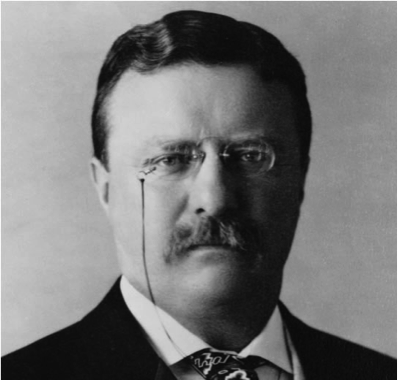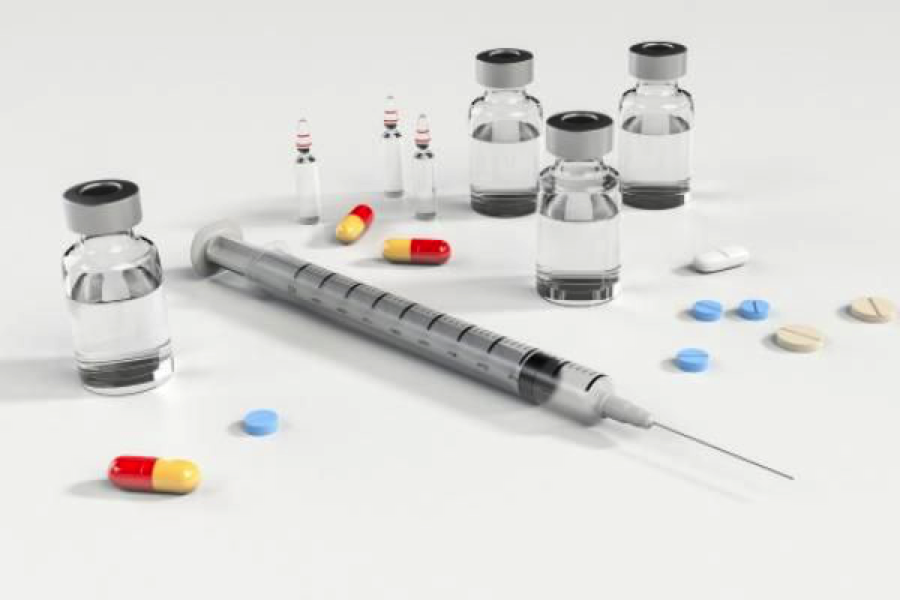US Pharmaceutical sales topped $450 billion in 2016. This is a mega-industry with considerable political clout in the US. So, who watching the Big Pharma guys to make sure they play by the rules? Who is looking out for the rest of us who take the medicines they produce?
That would be the Food and Drug Administration (FDA). The FDA was started in 1906 under President Theodore Roosevelt (see photo and yes, he’s one of my favorite POTUS) when he signed the Food and Drug Act. This act was the basis for the modern USDA, being originally given the name of the Food, Drug, and Insecticide organization. The name eventually was shortened to the Food and Drug Administration (FDA) a few years later.

The FDA as it now exists is an agency of the US Department of Health and Services. The current FDA mandate gives it responsibility for protecting and promoting public health through the regulation and supervision of food safety, tobacco products, dietary supplements, prescription and over-the-counter pharmaceutical drugs (medications), vaccines, biopharmaceuticals, blood transfusions medical devices, electromagnetic radiation emitting devices (ERED), and veterinary products. This role gives the FDA sway over a vast swath of the American society and economy.
The association between the industry and the FDA has morphed over the years into a partnership/adversarial/enforcement relationship that can work or it can look like a love-hate thing gone bad.
Suffice it to say that in The Pharm House, there are some goings on at Marshall Pharmaceutical Company that the FDA finds most interesting. What, you ask? Well, you’ll have to read the book!
In The Pharm House, Marshall Pharmaceutical Company is developing a new anti-viral drug that could potentially be a “blockbuster” (have peak annual sales greater than $1billion). But “things” start to happen and Nicholas Harding finds himself in the middle of those “things”.
Do you know how new drugs are discovered, developed and marketed? Unless you have worked in the pharmaceutical industry or are related to or know someone who is, I’m guessing you don’t.
Even though it is a multibillion-dollar powerful business sector, the pharmaceutical industry remains rather insular and professionally incestuous. In other words, unless you are an insider, it is unlikely you will know the internal machinations of the industry. The scientific and business professionals in the trade make up a rather small group that tend to move from company to company, hence the professional incest.
In order to get one new drug to market, you have to go back in time to start 10-15 years prior, start with 10,000 to 12,000 new chemicals to eventually narrow them down to one that is both safe and efficacious and you would need roughly $1.5 billion plus! That’s right, the whole process of drug discovery/development takes on average 10 plus years and one billion plus dollars! It’s a high stakes business, which can bring out the best in some and the worst in others.

Don’t get me wrong; the pharmaceutical industry does tremendous good for our society. Look at all the drugs that have significantly improved both the quality of our lives and our lifespans. But at the end of the day, these big mega-corporations exist to generate a return on investment for their shareholders.
What happens when a company has invested many years and hundreds of millions of dollars only to find a “dry hole” that yields zero return? Trust me, you don’t want to be around when that happens!
Come join Nicholas at The Pharm House and see what “things” start to happen…
